
What is sustainable living? How Your Choices Shape a Sustainable Present and Future
By embracing sustainable living, we adopt practices that contribute to the well-being of the environment, society, and economy.

Did you know that one-third of all food produced globally goes to waste? Imagine filling up three grocery carts with food, carefully selecting each item, and anticipating delicious meals. But then, picture discarding one of those carts stacked with food into the trash, never to be enjoyed.
That's the reality of food waste.
Food waste is a shocking waste of resources. Let's work together to change this narrative, making mindful choices to ensure every meal is savored and every ingredient is valued.
“Inger Andersen, the executive director of the UNEP, which wrote the report in conjunction with the UK’s Waste and Resources Action Programme (Wrap), described food waste as “a global tragedy”, Andersen said: “Millions will go hungry today as food is wasted across the world. Not only is this a major development issue, but the impacts of such unnecessary waste are causing substantial costs to the climate and nature.” https://www.theguardian.com/environment/2024/mar/27/fifth-of-food-wasted-globally-at-cost-of-1tn-a-year-says-un-report
“Preventing food waste can be made possible through greater adoption of affordable and user-friendly technologies, best practices initiatives, and more awareness campaigns, experts who met at a recent virtual awareness meeting have said.” https://www.arabnews.com/node/2484401/saudi-arabia
It's time to rethink how we view food – from a precious resource to a disposable commodity.
Do you feel guilty about tossing out edible food?
I feel regretful.
Let's change that together.

Photo by Alex Haney on Unsplash
Throwing away too much food is a big problem all around the world. Food waste hurts our economy, environment, and communities. Every year, about 1.3 billion tons of food gets thrown away globally. This waste costs us around $1 trillion (1). We need to take responsibility and realize that wasted food is pollution. Wasted food represents a significant source of pollution and environmental degradation throughout its lifecycle, from production to disposal. Minimizing food waste is essential for reducing pollution, conserving resources, mitigating climate change, and protecting ecosystems and biodiversity.
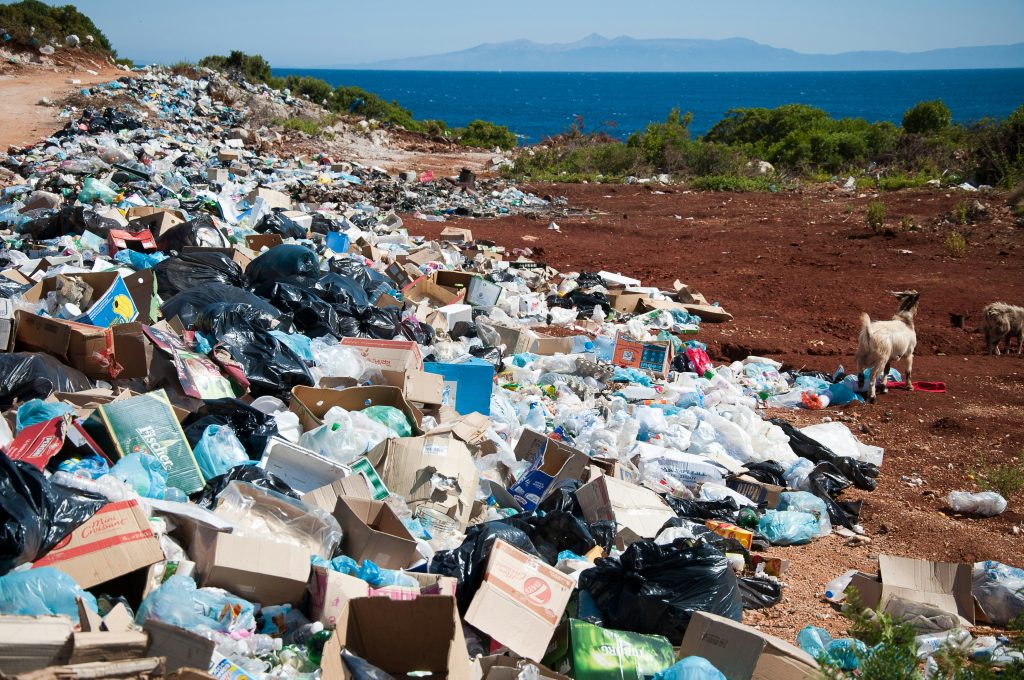
Photo by Antoine GIRET on Unsplash
When we waste food, we also waste soil, water, and energy. In other words, we waste all of the resources used for its production, processing, packing, storage, transportation, and selling (2, 3).
In conclusion, when we waste food we:
Most of the wasted food comes from homes, about 65% of it. A big chunk of this food doesn't have to become waste. It's anywhere from 13% to 59% of the total waste (4, 5). So, if we're careful, we can stop a lot of this waste from happening.

Photo by Nathan Cowley: https://www.pexels.com/photo/woman-slicing-gourd-1153369/
Even peels or bones don't have to go to waste. We can do something called composting and make a sustainable fertilizer for our plants. So, we can recycle it instead of throwing it in the trash.
Fixing this problem isn't easy, but it's worth it. If we focus on reducing waste at home, it can have an impact globally. It can help cut down on pollution and save our natural resources.
Food waste happens because of how we plan, buy, store, cook, and eat our food at home. To waste less food, we need to change our behavior from the planning meals stage to the eating stage.
So, by changing what we do, we can make less food go to waste at home.
Let's observe each of these stages.
How to reduce food waste in the planning stage:

Photo by Jack Sparrow: https://www.pexels.com/photo/couple-buying-apples-4198222/
How to reduce food waste in the shopping stage:
How to store food properly and reduce food waste:
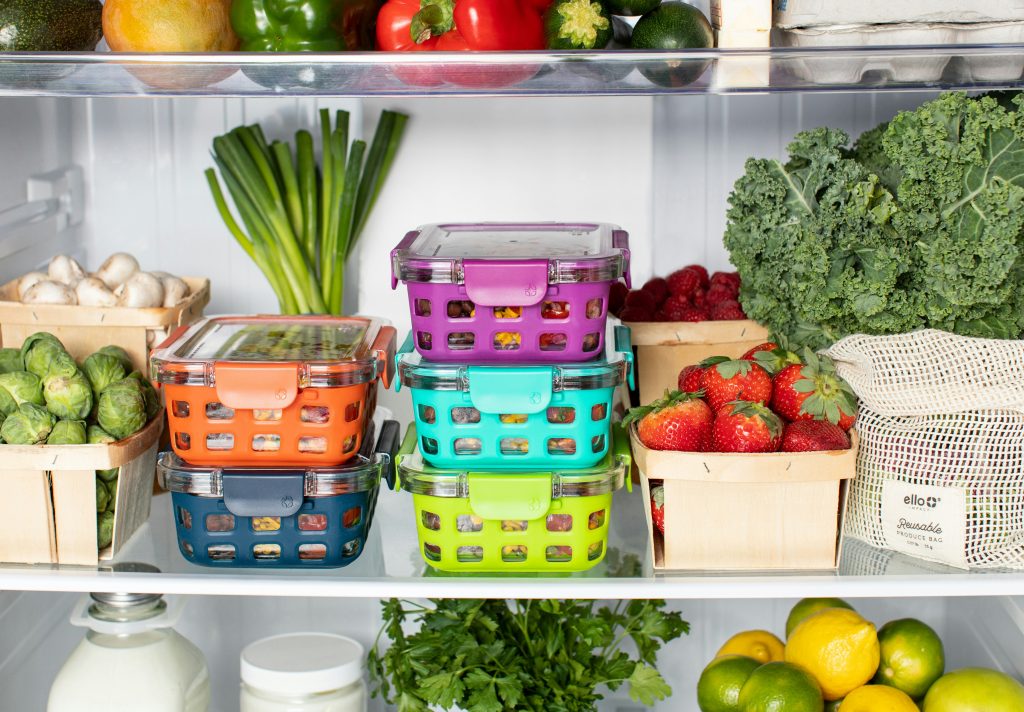
Why do we prepare and serve too much food?
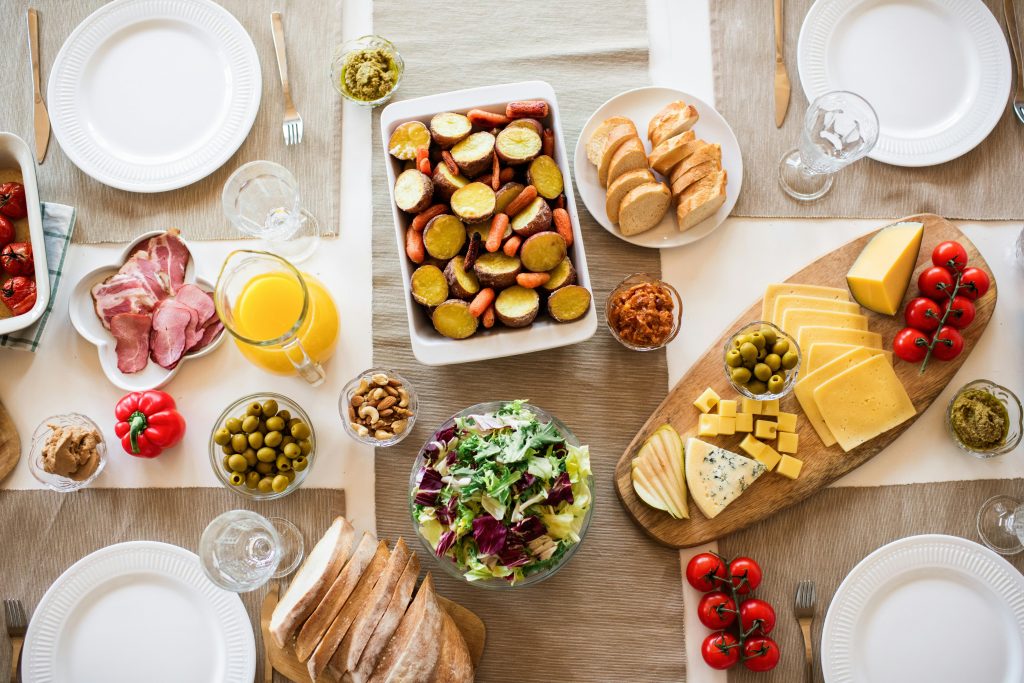
Photo by Alexy Almond: https://www.pexels.com/photo/photo-of-potatoes-on-porcelain-tray-3758133/
Even if we plan meals and go to the supermarket with a shopping list, we can sometimes prepare too much or serve more than our household members or guests can eat. Hence, that is a time to get creative with leftovers. Experiment with ways to use leftovers in new dishes. Leftover vegetables are great for soups, stir-fries, or omelets. Leftover proteins are excellent for sandwiches, wraps, or salads. Also, avoid spoiling your husbands and kids so they are willing to eat the same food for two days!
Summary
Two common behaviors that lead to food waste are buying too much food and not finishing leftovers. These are areas where we can make changes to reduce waste, especially when it comes to how consumers interact with stores. Often, people don't feel pressured to avoid waste. Also, they don't feel much benefit or pleasure from trying to reduce it (14).
Reducing food waste is good for our planet in many ways. First, it helps us save resources, water, soil, and energy. When we waste food, we also waste these resources. Second, cutting down on food waste helps us fight climate change because our food waste produces methane, a greenhouse gas.
Reducing food waste is good for our health since we plan our meals.
Lastly, reducing food waste is good for our wallets. We save money when we buy less food and use up what we have. Plus, we can get creative with leftovers and make tasty meals without spending extra money.
I hope I have given you enough reasons to stop wasting food. Be a great manager in your kitchen. Some of this advice may seem overwhelming at first, but it gets easier with practice.
May your zero-waste meal planning be fun and rewarding, as you discover new ways to enjoy delicious meals while becoming sustainable.
Feel free to write about your problems with food waste reductions. We can solve everything together!

By embracing sustainable living, we adopt practices that contribute to the well-being of the environment, society, and economy.

Sustainability goes beyond admiration; it is a commitment to maintaining the delicate balance between our species and the planet.
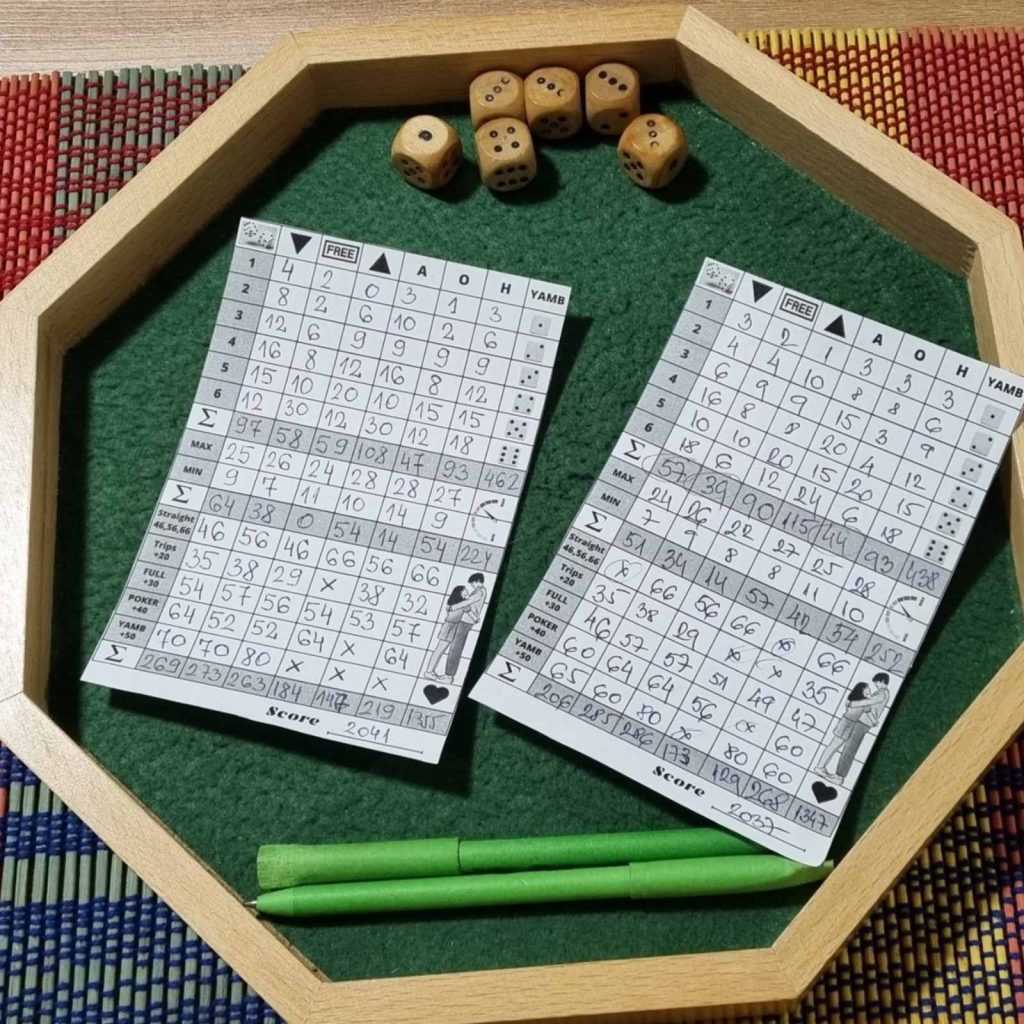
Dive into the world of traditional board games and discover their diverse health benefits. Explore expert insights on how these games contribute to well-being and mental acuity.

Natural deodorant is an effective and environmentally friendly product. It is a healthy option since traditional antiperspirants often contain chemicals.
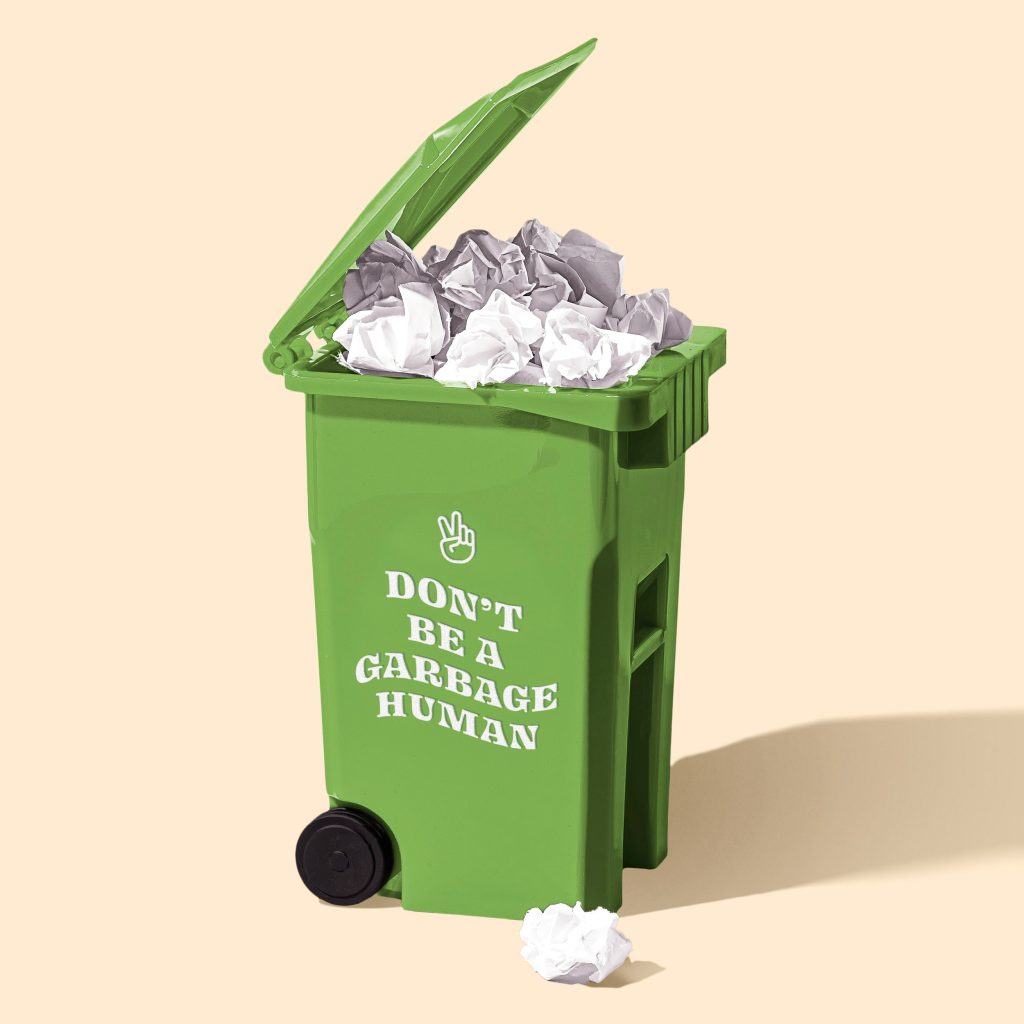
Let’s discover the environmental impact of household waste, and hopefully, this will inspire us to create a new mindset.
Welcome to Sustainable Living by Science. With our scientific mindset, we are exploring how to nurture our well-being while caring for the environment. We are sharing the meaning of sustainability through evidence-based practices. Join us on this journey towards a greener, healthier future where science guides us to make the best choices for ourselves, the planet, and others.
All content is © 2024 by Sustainable Living by Science. All rights reserved.